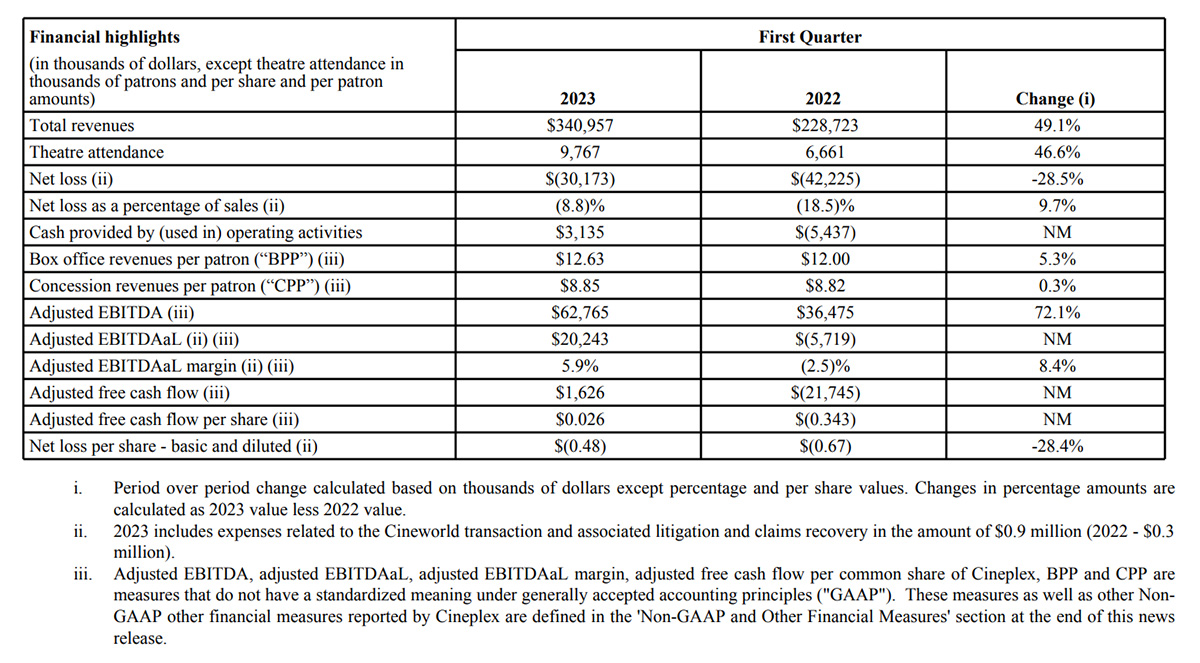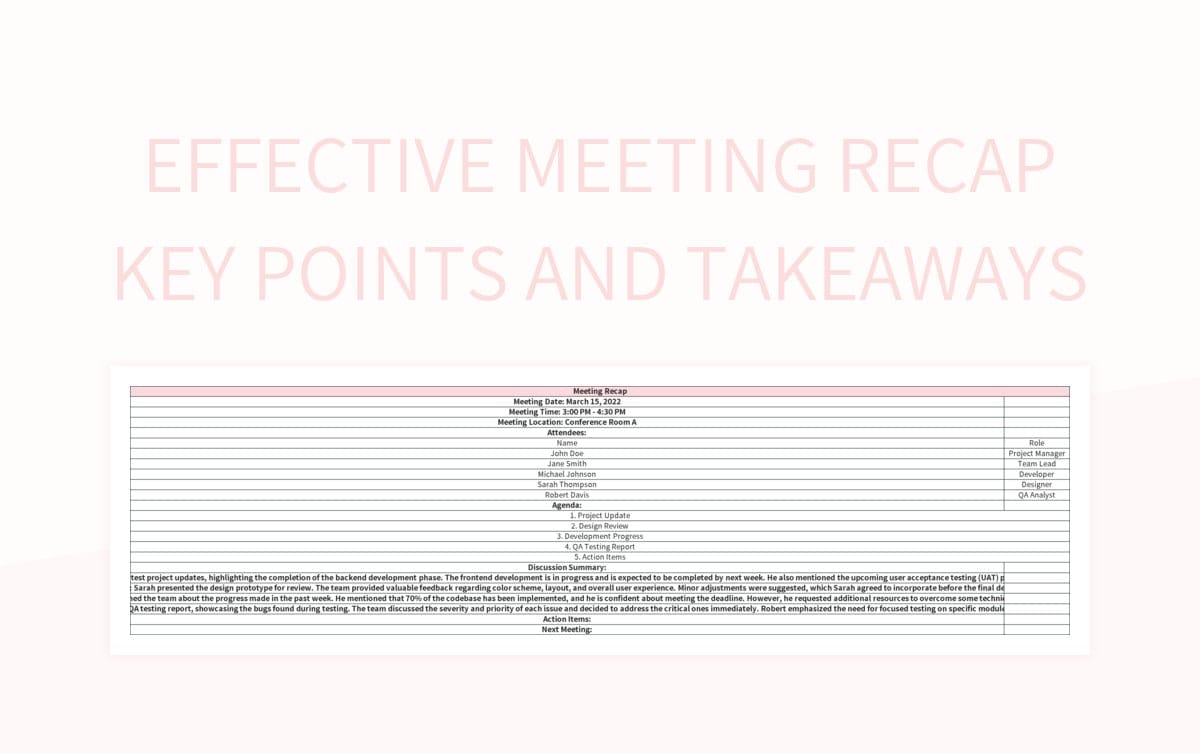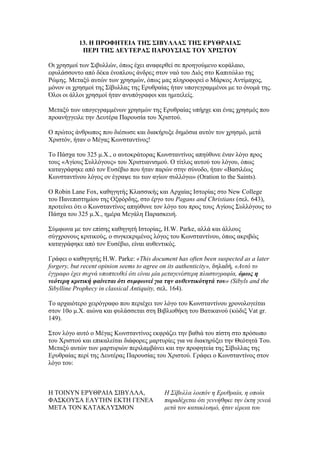Middle Management: The Unsung Heroes Of Business And Employee Development

Table of Contents
The Crucial Role of Middle Management in Business Success
Middle managers are the linchpin connecting high-level strategic goals with on-the-ground execution. Their effectiveness directly impacts operational efficiency, team morale, and ultimately, the bottom line.
Translating Strategy into Action
Middle managers are responsible for taking high-level strategies and breaking them down into actionable plans for their teams. This involves:
- Clear communication of company goals and objectives: Effectively communicating the "why" behind strategic decisions ensures buy-in and commitment from team members. This often involves clear, concise communication, utilizing various methods to cater to different learning styles.
- Developing effective action plans with measurable KPIs: Creating detailed plans with Key Performance Indicators (KPIs) provides a roadmap for success and allows for progress tracking and adjustments as needed. This requires strong analytical and planning skills.
- Ensuring alignment between team activities and overall business strategy: Middle managers must constantly ensure that team efforts directly contribute to the overarching business strategy, preventing siloed efforts and maximizing impact. Regular check-ins and open communication are vital here.
- Adapting strategies to meet team-specific needs and challenges: Recognizing that a "one-size-fits-all" approach rarely works, effective middle managers adapt strategies to the unique strengths and challenges of their teams, ensuring optimal results. This necessitates strong problem-solving abilities.
Driving Operational Efficiency
Middle managers are key to streamlining processes, improving productivity, and maximizing resource utilization. This includes:
- Identifying bottlenecks and inefficiencies in workflows: Through observation, data analysis, and feedback from team members, middle managers identify areas for improvement and initiate corrective actions.
- Implementing process improvements and best practices: They champion the adoption of new tools, technologies, and methodologies to enhance efficiency and productivity.
- Monitoring performance metrics and taking corrective action: Regular monitoring of KPIs allows for proactive intervention, preventing minor issues from escalating into major problems. Data-driven decision-making is crucial here.
- Optimizing resource allocation to achieve maximum output: Effective resource allocation ensures that teams have the tools and support they need to succeed, avoiding waste and maximizing ROI.
Fostering a Positive and Productive Work Environment
Creating a supportive and collaborative work environment is crucial for employee engagement and productivity. Middle managers achieve this through:
- Open communication and feedback mechanisms: Regular feedback sessions and open communication channels ensure that team members feel heard and valued.
- Building strong relationships with team members: Strong relationships build trust and facilitate open communication, fostering a more collaborative and productive environment.
- Recognizing and rewarding employee achievements: Acknowledging and celebrating successes boosts morale and motivates employees to continue performing at their best.
- Addressing conflicts effectively and promoting teamwork: Middle managers act as mediators, resolving conflicts fairly and promoting a culture of teamwork and cooperation.
Middle Management's Key Contribution to Employee Development
Middle managers are instrumental in nurturing talent and driving employee growth within their teams. Their role extends beyond task management to include mentorship, performance management, and empowerment.
Mentorship and Coaching
Middle managers act as mentors and coaches, guiding employees' career progression and skill development. This involves:
- Providing regular feedback and performance reviews: Constructive feedback helps employees understand their strengths and weaknesses, paving the way for improvement.
- Identifying training and development needs: Middle managers identify skill gaps and recommend appropriate training opportunities to enhance employee capabilities.
- Offering opportunities for skill enhancement and career advancement: They actively seek out opportunities for employees to grow professionally, supporting their career aspirations.
- Supporting employees in achieving their professional goals: Providing guidance, resources, and encouragement helps employees achieve their professional goals, boosting morale and retention.
Performance Management and Goal Setting
Effective performance management is crucial for employee growth and overall team success. Middle managers play a vital role by:
- Setting clear goals and expectations: Clear, measurable, achievable, relevant, and time-bound (SMART) goals provide direction and focus for employees.
- Providing regular performance feedback: Regular check-ins and feedback ensure that employees are on track and address any performance issues promptly.
- Conducting performance appraisals: Formal performance reviews provide a structured evaluation of employee performance, identifying areas for improvement.
- Implementing performance improvement plans: For employees who are underperforming, middle managers work with them to develop and implement plans to address the issues.
Delegation and Empowerment
Empowering employees through delegation fosters skill development and boosts morale. Middle managers achieve this by:
- Assigning tasks appropriately based on employee skills and experience: Delegation should match tasks with employee capabilities, providing opportunities for growth and learning.
- Providing necessary resources and support: Empowered employees need the resources and support they require to succeed.
- Allowing employees autonomy and decision-making power: Giving employees ownership and control over their work boosts morale and fosters a sense of responsibility.
- Offering guidance and support without micromanaging: Providing support and guidance without excessive oversight allows employees to develop their skills and confidence.
Essential Skills for Effective Middle Management
Effective middle management requires a diverse skillset, encompassing communication, problem-solving, and leadership capabilities.
Strong Communication Skills
Clear and effective communication is fundamental for success in middle management. This includes:
- Active listening: Truly understanding employee needs and concerns is critical for effective communication.
- Clear and concise verbal and written communication: Communicating clearly and concisely ensures that messages are understood and avoids misinterpretations.
- Effective feedback delivery: Providing constructive feedback helps employees improve their performance and develop their skills.
- Conflict resolution and negotiation: Effectively resolving conflicts and negotiating solutions are essential for maintaining positive team dynamics.
Problem-Solving and Decision-Making Skills
Middle managers often face complex problems and must make quick, informed decisions. Crucial skills include:
- Critical thinking and analytical skills: Analyzing situations objectively and identifying root causes is crucial for effective problem-solving.
- Risk assessment and mitigation: Evaluating potential risks and developing strategies to mitigate them is a key responsibility.
- Creative problem-solving techniques: Thinking outside the box and exploring unconventional solutions can lead to innovative and effective outcomes.
- Data-driven decision making: Making decisions based on data and evidence leads to more informed and effective choices.
Leadership and Team Management Skills
Inspiring and motivating teams is essential for effective middle management. Key skills include:
- Motivational leadership styles: Using various motivational techniques to inspire and encourage team members.
- Delegation and empowerment techniques: Effectively delegating tasks and empowering employees to take ownership.
- Building strong team dynamics: Fostering a positive and collaborative team environment.
- Conflict resolution and team cohesion: Addressing conflicts effectively and promoting team cohesion.
Conclusion
Middle management is the backbone of many successful businesses, acting as a vital bridge between leadership and employees. Their role in translating strategy, driving efficiency, and fostering employee development is undeniable. By investing in the development and support of middle managers, businesses can unlock significant potential for growth and innovation. Recognize and empower your middle management—they are the unsung heroes driving your company's success. Invest in effective middle management training to enhance their skills and maximize their contribution to both your business and employee development. Investing in your middle management is investing in the future success of your entire organization.

Featured Posts
-
 Cineplex Reports First Quarter Loss Amidst Falling Theatre Attendance
May 13, 2025
Cineplex Reports First Quarter Loss Amidst Falling Theatre Attendance
May 13, 2025 -
 Coinsilium Groups Forza Gibraltar Launch Event Recap And Key Takeaways
May 13, 2025
Coinsilium Groups Forza Gibraltar Launch Event Recap And Key Takeaways
May 13, 2025 -
 Leonardo Di Caprio And Vittoria Ceretti A Met Gala Surprise
May 13, 2025
Leonardo Di Caprio And Vittoria Ceretti A Met Gala Surprise
May 13, 2025 -
 I Megalyteri Plimmyra Stin Istoria I Alitheia Gia Ton Kataklysmo Tis Mesogeioy
May 13, 2025
I Megalyteri Plimmyra Stin Istoria I Alitheia Gia Ton Kataklysmo Tis Mesogeioy
May 13, 2025 -
 The Greatest Efl Matches A History Of Thrills And Spills
May 13, 2025
The Greatest Efl Matches A History Of Thrills And Spills
May 13, 2025
